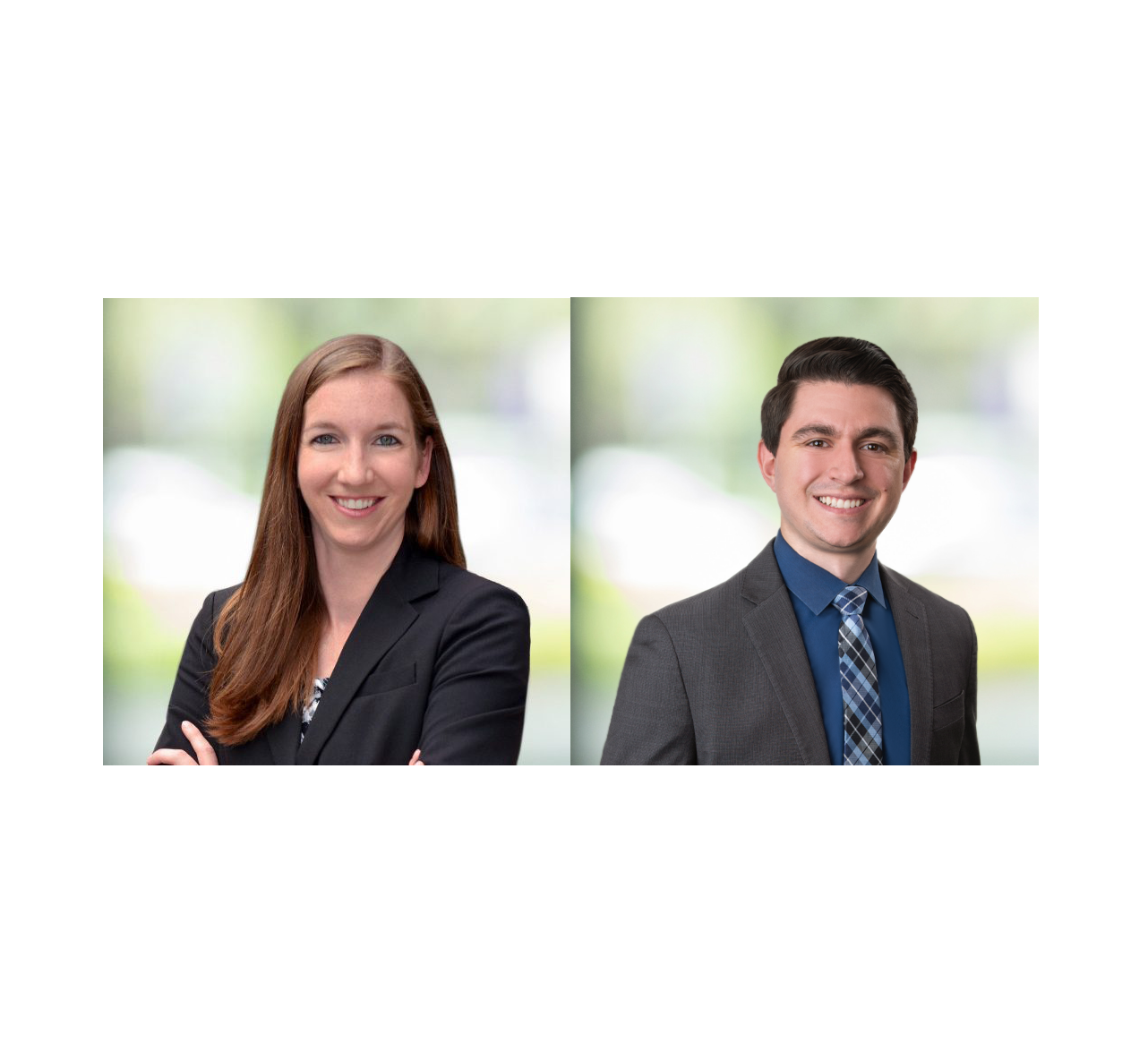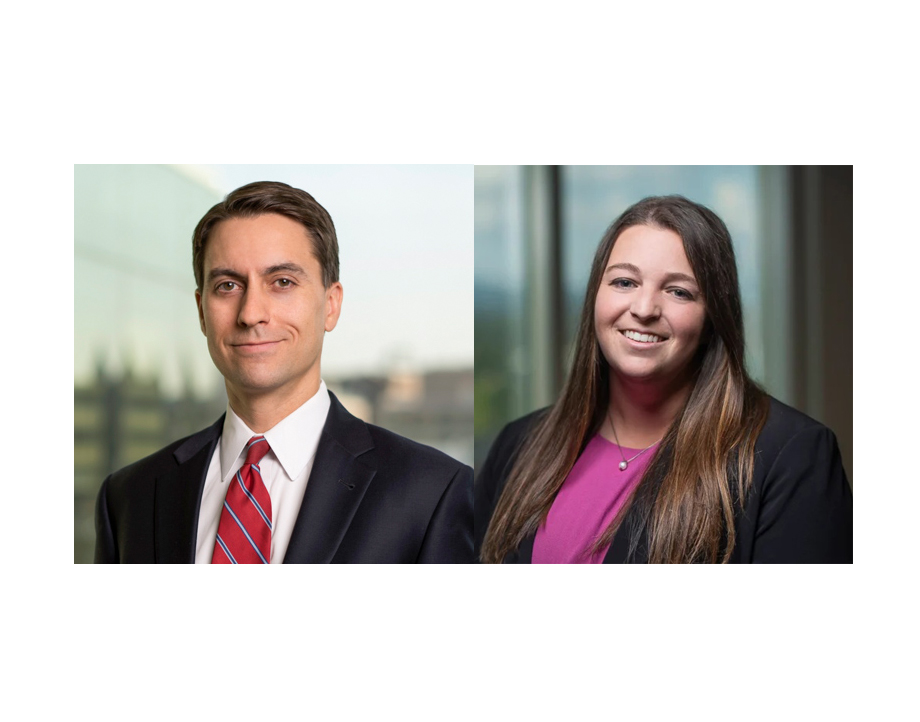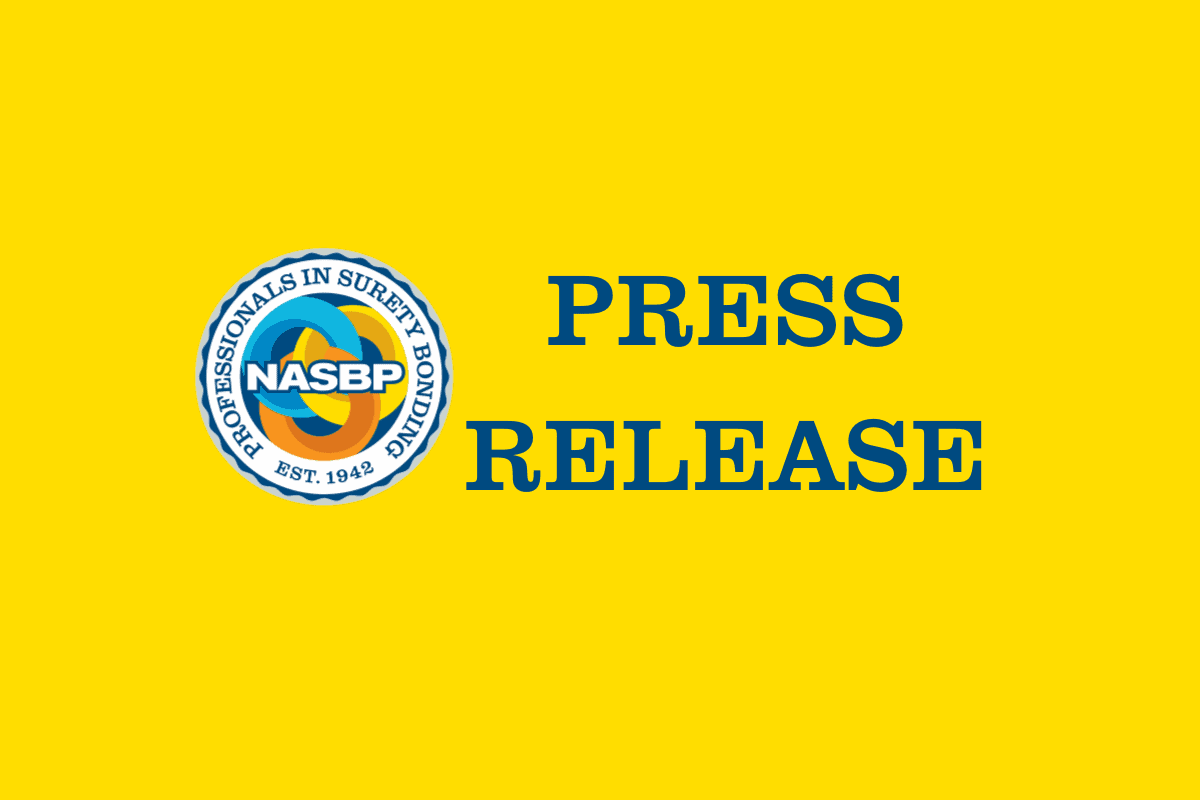Search & Filter
Search
Topic
Region
Audience
Post Type
SCOTUS Limits Presidential Tariff Powers: Key Takeaways for Government Contractors
By Jacqueline K. Unger and Ryan Boonstra of PilieroMazza PLLC Originally published…
Government Contracting in 2026: Key Legal & Compliance Risks
By Aron C. Beezley and Gabrielle A. Sprio of Bradley Arant Boult…
Surety Industry Advances Critical Federal Policy
Largest Legislative Fly-In Brings Industry Message to Congress March 2, 2026 (WASHINGTON,…




